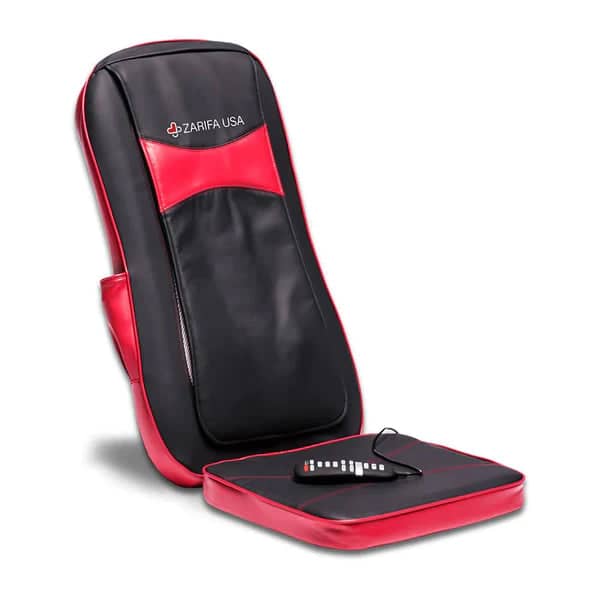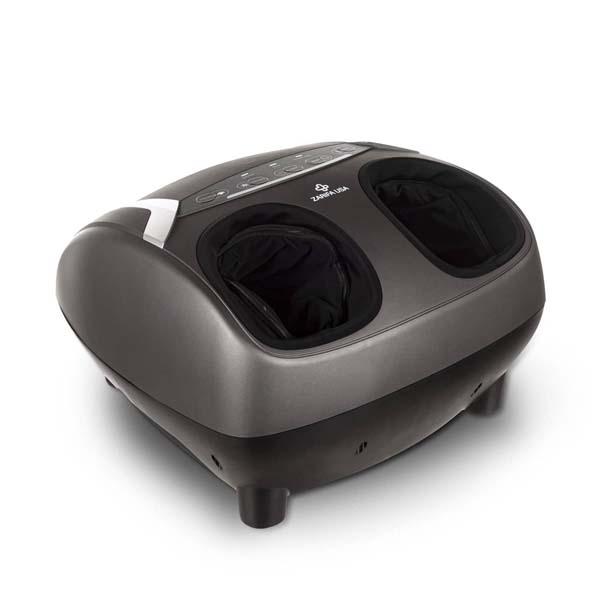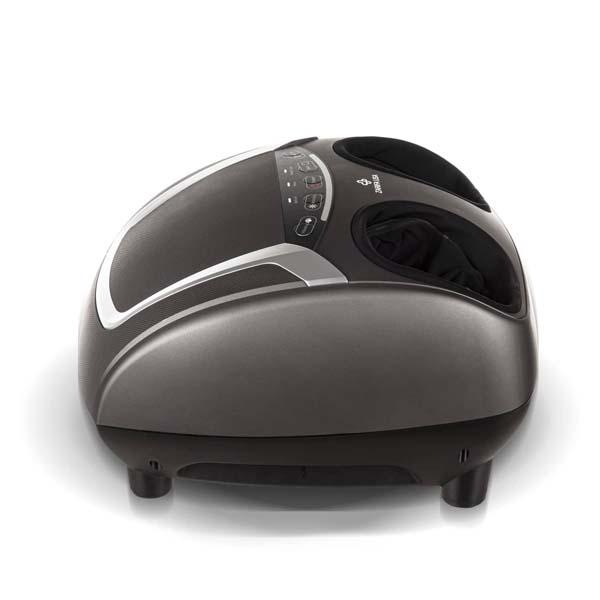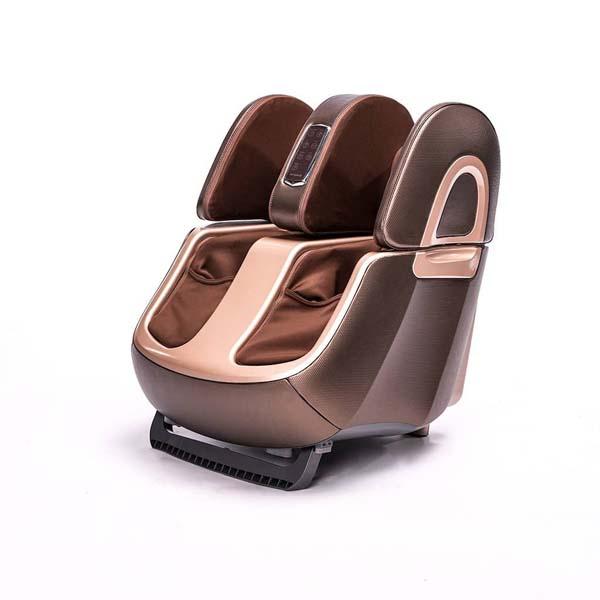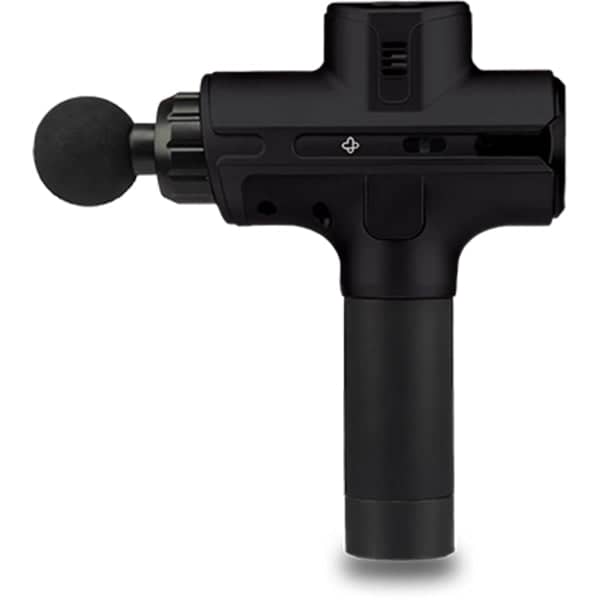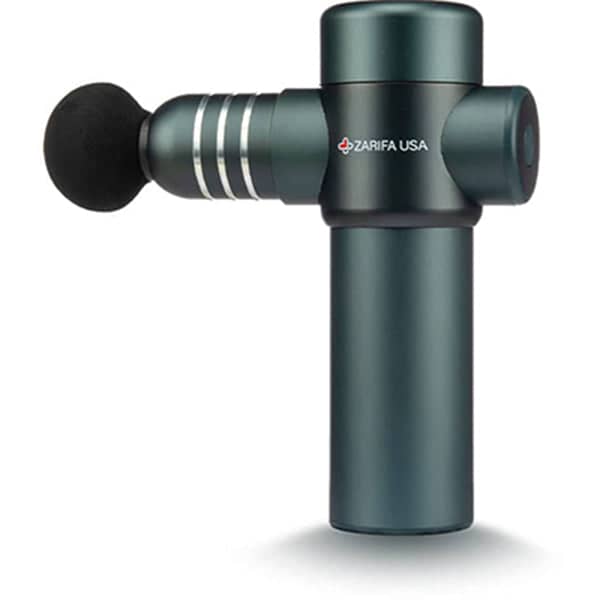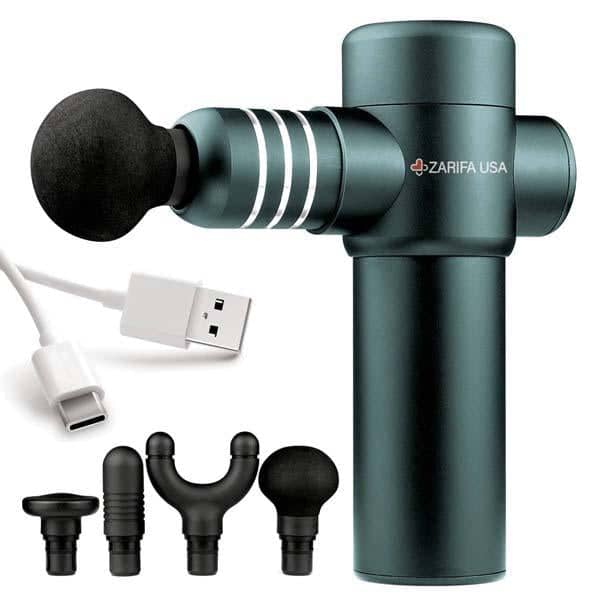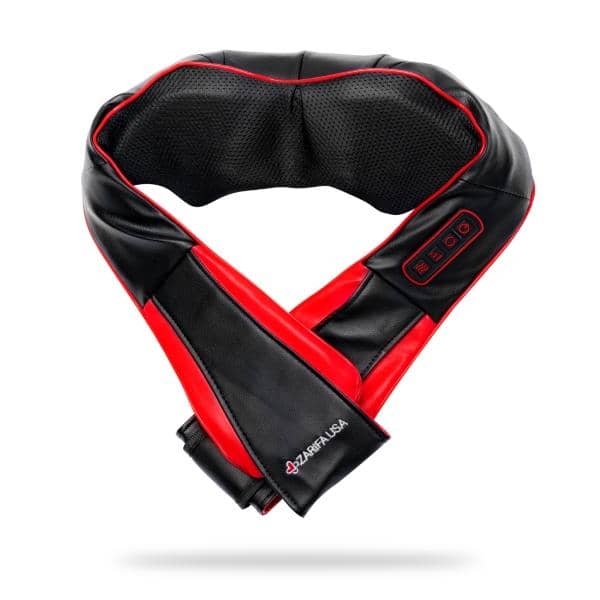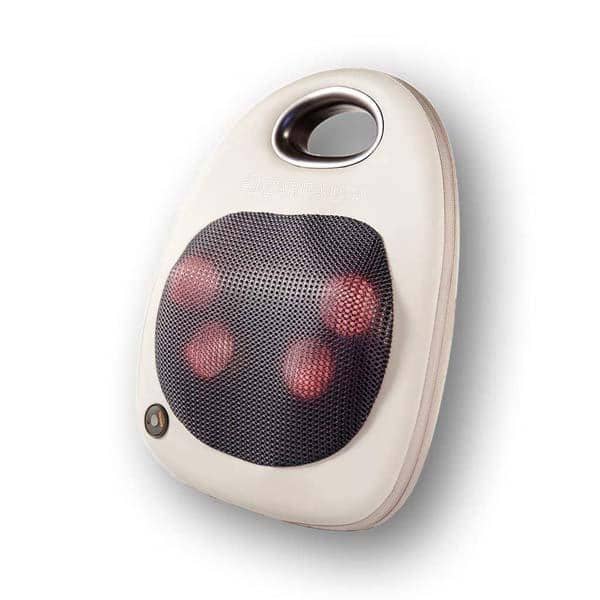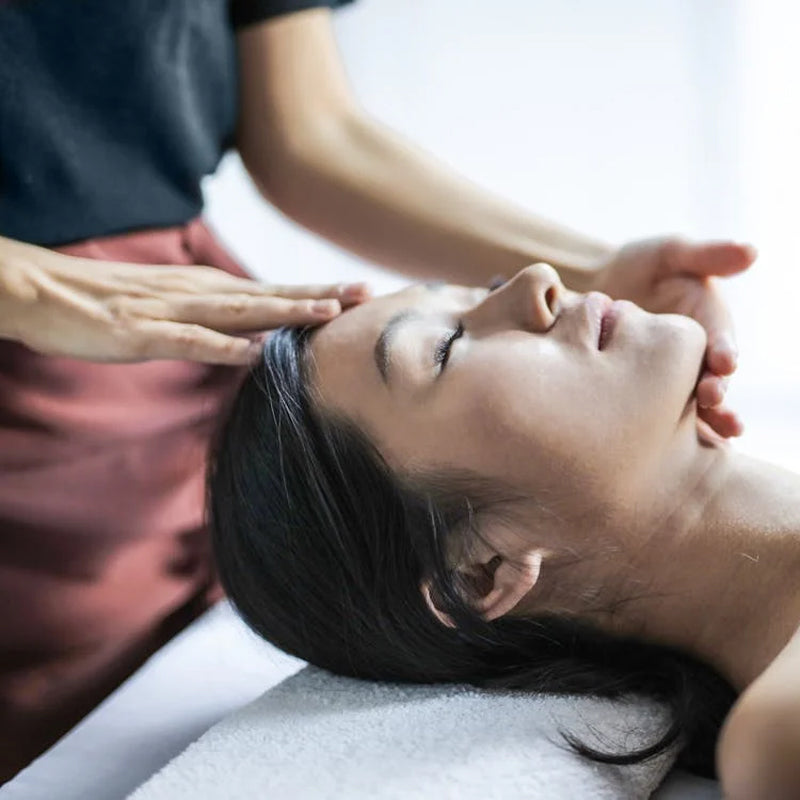Are Your Guarding Muscles?
Are Your Muscles Guarded?
Are you someone who constantly tenses your abdomen, clenches your buttocks, or tightens your shoulders? Muscle guarding refers to the automatic tensing of muscles that we often do unconsciously. Joint position sensors, along with other receptors, play a crucial role in sending information about the stress experienced by an injured area to the brain, leading to a pain response that inhibits movement and aids in the healing process. While it might seem harmless, overusing a muscle can be just as harmful as not using it enough. Muscle guarding is a form of psychological tension that can cause significant damage to the body over time.
What is Muscle Guarding?
What is Muscle Guarding?
Muscle guarding is a self-protection mechanism that kicks in when your body senses a potential threat, such as an injury or the risk of one. It’s a natural reflex where your brain quickly assesses the danger and responds with a protective spasm. This spasm causes your muscles to contract and tighten, which can limit your range of motion and increase pain. While this response is meant to prevent further injury, it can become problematic if it persists.
When muscle guarding continues unchecked, it can lead to muscle weakness and decreased function. This is particularly concerning for individuals recovering from surgeries, such as knee operations, where muscle guarding can hinder rehabilitation. Moreover, chronic muscle guarding can contribute to the development of the pain cycle—a continuous loop of pain and muscle tension that can be difficult to break.
Common Examples of Muscle Guarding
-
Abdominal Tensing: Some people reflexively tighten their core, believing it will help tone muscles. However, over time, this habit can lead to pain and strain in the lower back. Quick reflexes are crucial in preventing injuries, such as a nasty ankle sprain, by enabling the body to react swiftly to protect the joints.
-
Shoulder Tensing: Anxiety or stress often causes people to hold tension in their shoulders. This not only results in discomfort but can also lead to neck pain and headaches.
-
Pelvic Clenching: Chronic clenching of the pelvic floor, often due to stress or habit, can cause imbalances and discomfort in the lower body.
The Pain Cycle and Muscle Guarding
The pain cycle is a vicious loop that often starts with an initial injury. This injury leads to inflammation, which then triggers muscle guarding. The guarded muscles become tight and sore, leading to residual pain and a decreased range of motion. This, in turn, causes more pain, perpetuating the entire cycle.
Muscle guarding plays a significant role in this cycle. When muscles are constantly tense, they limit your ability to move freely, which can exacerbate pain and lead to further muscle guarding. Breaking this cycle requires addressing both the muscle guarding and the underlying pain. By doing so, you can improve your range of motion and reduce overall pain.
How Muscle Guarding Affects Blood Flow, Oxygenation, and the Pain Cycle
One of the major consequences of muscle guarding is reduced blood flow to the affected muscles. Sensory nerves transmit warning signals to the brain about the stress an injured area is experiencing, leading to pain perception and an inflammatory response that promotes healing by limiting movement. The spinal cord plays a crucial role in relaying this sensory information to the brain, which categorizes the experience as pain and initiates a bodily response to prevent further injury. When a muscle is tensed more than 60%, the body starts to limit the amount of blood flowing to the area. This lack of blood flow reduces the oxygen supply, which is crucial for muscle health. Without oxygen, muscles cannot eliminate waste effectively, leading to soreness and fatigue.
The Role of Supporting and Opposing Muscles
Supporting and opposing muscles are crucial in the context of muscle guarding. When a muscle is injured or under threat, the surrounding muscles often contract to protect the area. This can lead to muscle guarding, which restricts movement and increases pain.
However, opposing muscles can help counteract these effects. Strengthening these muscles can improve your range of motion and reduce pain. For instance, if you have muscle guarding in your knee, working on the opposing muscles in your leg can help alleviate the tension. This balanced approach ensures that no single muscle group is overworked, reducing the risk of further injury.
The Long-Term Impact of Chronic Muscle Guarding on Your Body
Chronic muscle guarding can lead to a range of physical issues, including:
-
Trigger Points: These are hyper-irritable spots in the fascia that cause pain when pressure is applied. When muscle guarding persists, it can lead to issues such as muscle fatigue and heightened reflex responses, ultimately causing more harm than intended.
-
Muscle Fatigue: The muscles you are guarding and the surrounding ones that are compensating for them become overworked, resulting in overall fatigue and weakness. Prolonged muscle guarding and restricted mobility can lead to muscle weakness and atrophy, effectively causing a loss of muscle mass if the muscles are not actively used over time.
-
Decreased Muscle Strength: Without proper contraction and relaxation cycles, muscles can’t build strength effectively, leaving you more vulnerable to injury.
Breaking the Pain Cycle
Breaking the pain cycle involves a combination of passive and active techniques aimed at addressing the root causes of muscle guarding and pain. Stretching, strengthening exercises, and functional activities are all essential components of a comprehensive treatment plan. Relaxation techniques, such as mindfulness and deep breathing, can also help reduce muscle tension.
A healthcare professional, such as a physical therapist or kinesiologist, can develop a personalized treatment plan tailored to your specific needs. This plan will likely include a mix of passive treatments, like massage or chiropractic care, and active exercises to strengthen and stretch the affected muscles.
It’s important to understand that muscle guarding can result from various factors, including physical demands, mental stress, and chronic conditions. Athletes, performers, and individuals recovering from injuries are particularly susceptible. By addressing these underlying causes and following a structured treatment plan, you can break the pain cycle and improve your overall health and well-being.
In conclusion, muscle guarding is a natural protective mechanism that can become problematic if left untreated. It plays a significant role in the pain cycle, and addressing it requires a combination of passive and active techniques. By understanding the role of supporting and opposing muscles and addressing the underlying causes of pain and muscle guarding, you can break the pain cycle and enhance your overall health and well-being.
The Importance of Proper Muscle Relaxation
To rebuild muscle strength and reduce pain, it’s crucial to retrain your body to relax and release tension. Muscle guarding leads to muscle fatigue not only in the affected muscles but also in the opposing muscles forced to compensate. Completely contracting and relaxing muscles is essential for maintaining strength and flexibility. When muscles are chronically tense, they lose the ability to function properly, leading to long-term pain and discomfort. Learning to release muscle tension through various techniques is key to recovery.
Techniques for Releasing Muscle Tension and Reducing Muscle Fatigue
There are several ways to retrain your body to relax and release chronic muscle tension, including: Maintaining muscle health through proper relaxation techniques is crucial to prevent the loss of muscle mass.
-
Chiropractic Care: Chiropractic adjustments can help realign the body and reduce muscle tension.
-
Massage Therapy: Regular massages can release tension and encourage muscle relaxation, reducing the risk of guarding.
-
Acupuncture: By stimulating specific points on the body, acupuncture can help release deep-seated muscle tension.
-
At-Home Remedies: Techniques like foam rolling, stretching, and mindfulness exercises can also aid in muscle relaxation.
How to Identify Muscle Guarding in Your Body
It can be difficult to notice when you’re guarding certain muscles, as it often becomes a subconscious habit. However, here are a few signs to look out for:
-
Frequent Soreness or Tenderness: If you consistently feel sore in certain areas, especially without heavy physical activity, you may be guarding those muscles. Joint position sensors play a crucial role in detecting this guarding by sending information about the stress experienced by the area to the brain.
-
Tension Around Tendons: When muscles are tight, they pull on the tendons, leading to discomfort.
-
Feeling Fatigued: If your muscles feel fatigued even after light activity, you may be engaging them unnecessarily.
The Path to Recovery from Muscle Guarding
Muscle guarding might be your body’s way of protecting itself, but it often does more harm than good in the long run. Over time, this tension leads to fatigue, pain, and reduced strength. The key to recovery is learning how to relax and release the muscles that are constantly in a guarded state. Whether through chiropractic care, massage therapy, acupuncture, or at-home techniques, taking steps to reduce muscle tension can help you move more freely and comfortably.


